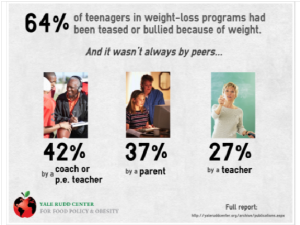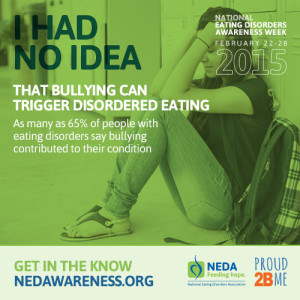Who doesn’t want to be perfect, right? What’s wrong with perfectionism? We all want things to go well for ourselves in our career & school and personal lives. Setting high standards can lead to high achievement.
Perfectionism, on the other hand, is striving for things to be perfect in most aspects of life, all of the time. And when things don’t go perfect, as things often don’t in life, the person who suffers from perfectionism is self-critical and blaming. This self-criticism, which often is intended to motivate, actually leads to poor self-esteem, extreme fear of failure and procrastination (“I can’t do it perfectly, so I won’t try”). Perfectionism is a losing proposition. We are human. We are going to make mistakes. Being perfect all of the time is an impossible standard to meet. Studies show that perfectionism can lead poor self-esteem, burn-out, procrastination, chronic stress, poor relationships, depression & anxiety, eating disorders and increases the risk for suicide.Continue reading





 l know that bullying is harmful to our children. And researchers and eating disorder professionals are now just starting to understand that bullying can contribute to disordered eating. If a pre-teen or teen has an eating disorder they could be using their eating disorder behaviors to cope with being bullied. To read more about how disordered eating/eating disorders are believed to be “helpful” in coping with life stresses please visit
l know that bullying is harmful to our children. And researchers and eating disorder professionals are now just starting to understand that bullying can contribute to disordered eating. If a pre-teen or teen has an eating disorder they could be using their eating disorder behaviors to cope with being bullied. To read more about how disordered eating/eating disorders are believed to be “helpful” in coping with life stresses please visit